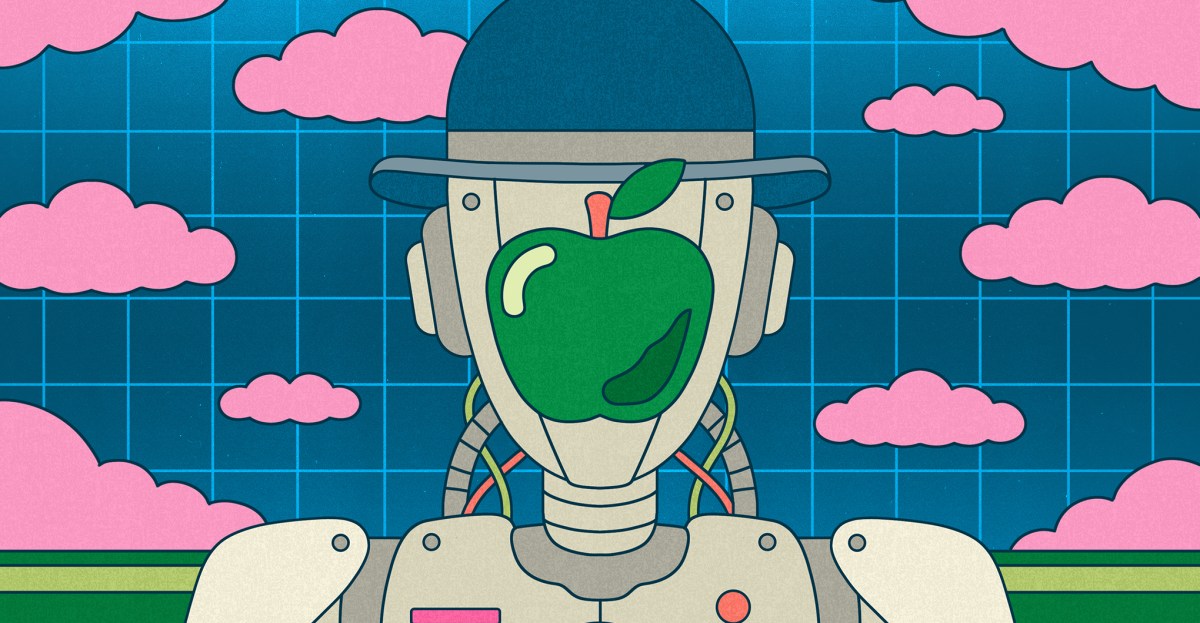
In a unique effort to bridge the gap between technology and the arts, new artist residency programs are emerging that focus on artificial intelligence (AI), offering creators a chance to explore, interpret, and critique these complex systems. While these residencies do not claim to ‘choose sides’ in the broader debate over AI’s benefits or dangers, their work may still significantly influence how the public perceives and relates to AI tools and narratives.
These residencies typically invite artists from various backgrounds—visual arts, writing, performance, and digital media—to spend extended periods working with AI systems or researching AI’s societal impact. Funded by institutions, universities, or tech-adjacent philanthropic efforts, the goal of these programs is not to promote AI nor to condemn it. Rather, they provide space for inquiry and expression that often reveals aspects of AI otherwise inaccessible to the general public.
Residency organizers emphasize the importance of creating a neutral space for exploration. By fostering critical engagement rather than advocacy or opposition, they encourage a more nuanced public discourse. Artists might produce works that highlight algorithmic bias, question corporate control, or explore how AI affects human creativity. Others may showcase the benefits AI can bring to art, medicine, and environmental efforts.
Despite their neutral intentions, the outcomes of these residencies can shape how people view AI technologies and the power structures behind them. Artistic interpretations often reach audiences who aren’t typically engaged in tech policy or engineering debates. As such, these visual, immersive, and narrative experiences contribute to public understanding and dialogue in ways technical documents or media coverage may not.
As generative AI tools continue to disrupt creative industries and provoke questions of ethics and authorship, these residencies signal a growing recognition that artists have a key role to play in shaping society’s relationship with emerging technologies. The programs suggest that art is not simply a form of commentary but a tool through which complex, technical systems can be examined, questioned, and made more accessible to broader communities.
In conclusion, while artist residencies around AI may not intend to take political or ideological positions, the work they enable may significantly influence societal perspectives on AI. By inviting critical reflection and humanistic inquiry, they offer a valuable public service in a time of rapid technological change.
Source: https:// – Courtesy of the original publisher.








